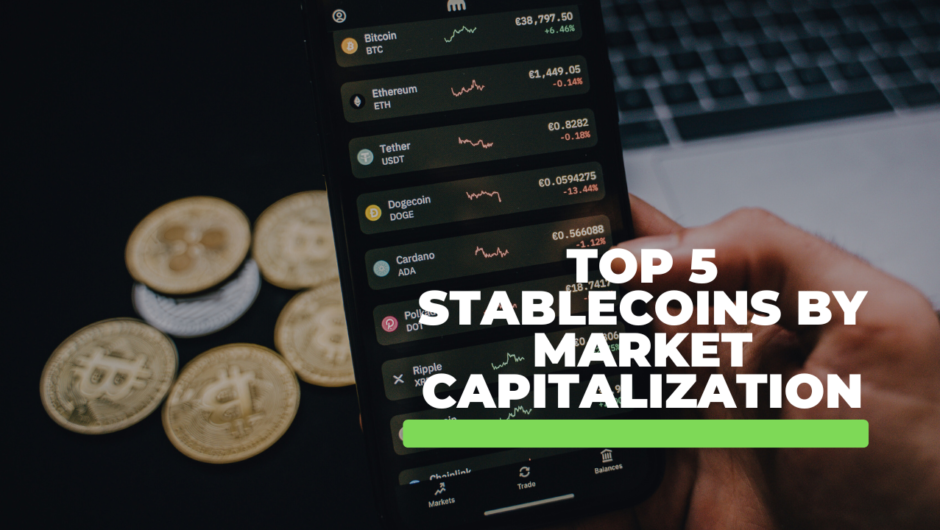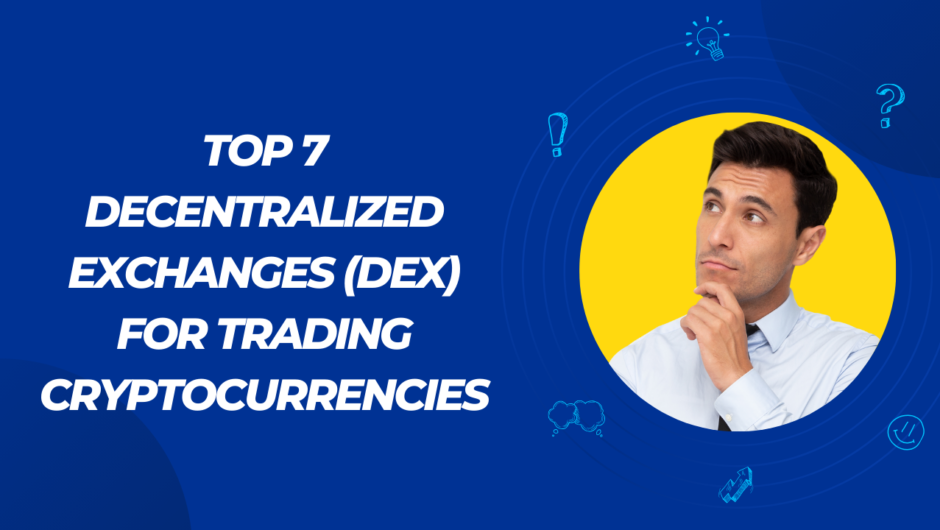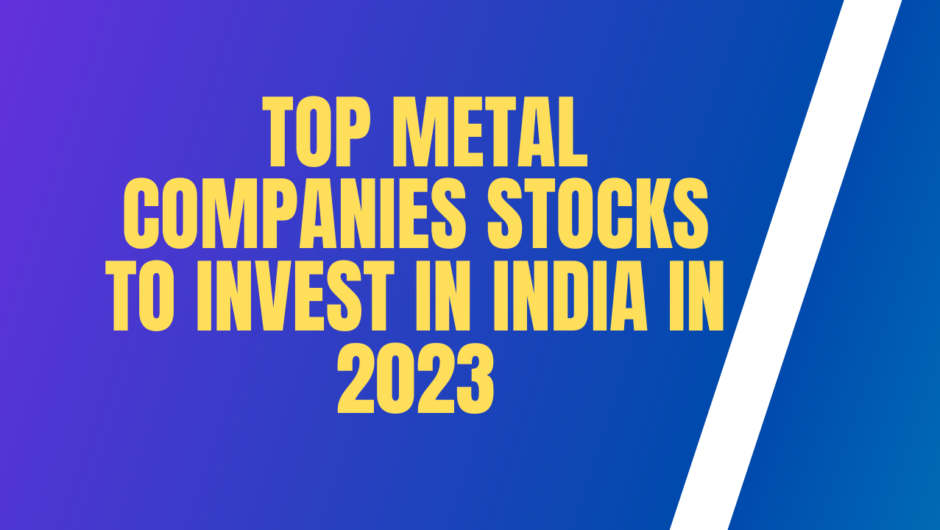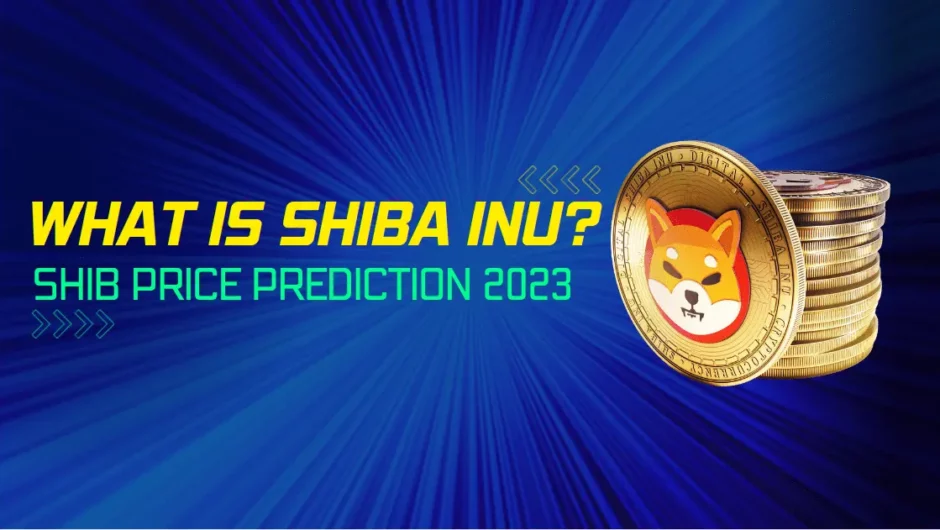What is Hedera?
Hedera is a new type of digital currency that is quickly gaining in popularity. It is similar to Bitcoin, but with a few key differences. Hedera is a distributed public ledger that utilizes a consensus algorithm to help secure transactions and maintain the integrity of the network. Unlike Bitcoin, which is decentralized, Hedera is a permissioned network that requires user authentication.
Hedera was designed to provide a secure and reliable platform for businesses and individuals to conduct transactions. It has a number of features that make it attractive to users, including fast transaction speeds, low fees, and scalability. Transactions on Hedera are encrypted and secure, ensuring the safety and privacy of user data.
Benefits of Hedera
One of the biggest advantages of Hedera is its speed. Transactions are confirmed in just a few seconds, making it a great choice for businesses that need to process payments quickly. This makes it an ideal option for businesses that need to move money quickly and securely.
In addition to its speed, Hedera has low fees. This makes it an attractive option for businesses or individuals who are looking for a low-cost way to transfer funds. This can help businesses save money on transaction fees and make it easier for individuals to get started with digital currencies.
Hedera also has scalability, meaning that it can handle an increasing number of transactions without significant performance issues. This makes it ideal for businesses with large amounts of transactions or individuals who send large sums of money.
Finally, Hedera is secure and reliable. Transactions are encrypted and secure, ensuring the safety and privacy of user data. This makes it an ideal choice for businesses and individuals who need to know that their funds are safe and secure.
How is Hedera different?
The main difference between Hedera and Bitcoin is that Hedera is a distributed public ledger that utilizes a consensus algorithm to help secure transactions and maintain the integrity of the network. Unlike Bitcoin, which is decentralized, Hedera is a permissioned network that requires user authentication.
Another key difference is the speed at which transactions are confirmed. Hedera transactions are confirmed in just a few seconds, making it a great choice for businesses that need to process payments quickly. Bitcoin transactions can take up to an hour or more to confirm, which can be very inconvenient for businesses.
In addition, Hedera has low fees. This makes it an attractive option for businesses or individuals who are looking for a low-cost way to transfer funds. Bitcoin fees can often be high and unpredictable, making it difficult to budget.
Features of Hedera?
One of the most appealing features of Hedera is its speed. Transactions are confirmed in just a few seconds, making it a great choice for businesses that need to process payments quickly. This makes it an ideal option for businesses that need to move money quickly and securely.
In addition to its speed, Hedera has low fees. This makes it an attractive option for businesses or individuals who are looking for a low-cost way to transfer funds. This can help businesses save money on transaction fees and make it easier for individuals to get started with digital currencies.
Hedera also has scalability, meaning that it can handle an increasing number of transactions without significant performance issues. This makes it ideal for businesses with large amounts of transactions or individuals who send large sums of money.
How to use Hedera?
The first step is to set up an account on the Hedera network. This can be done by visiting the Hedera website and registering for an account. Once the account is set up, users can then transfer funds from their bank account or credit card to their Hedera account.
Once the funds are in the account, users can start sending and receiving payments. To send money, users simply enter the recipient’s address and the amount they want to send. The transaction is then confirmed and the money is sent to the recipient’s account. To receive payments, users simply provide their address and the amount they are expecting to receive.
In addition to sending and receiving payments, Hedera also allows users to create smart contracts. These are digital agreements that can be used to automate certain types of transactions. For example, a user can create a smart contract that automatically sends funds to a recipient when certain criteria are met.
Pros and Cons of Hedera
One of the main benefits of Hedera is its fast transaction speeds. Transactions are confirmed in just a few seconds, making it a great choice for businesses that need to process payments quickly. This makes it an ideal choice for businesses that need to move money quickly and securely. Additionally, Hedera has low fees, making it a cost-effective way to transfer funds. This can help businesses save money on transaction fees and make it easier for individuals to get started with digital currencies. Lastly, Hedera also has scalability, meaning it can handle an increasing number of transactions without significant performance issues. This makes it ideal for businesses with large amounts of transactions or individuals who send large sums of money.
However, one of the drawbacks of Hedera is its lack of decentralization. Unlike Bitcoin, which is decentralized, Hedera is a permissioned network that requires user authentication. This means that it is more centralized and less anonymous than Bitcoin.
What the Future Holds for Hedera
One of the most exciting developments for Hedera is its scalability. Over the next few years, Hedera will be able to handle an increasing number of transactions without significant performance issues. This will make it an ideal choice for businesses with large amounts of transactions or individuals who send large sums of money.
In addition, Hedera is working to develop new features that will make it even more attractive to users. This includes the development of smart contracts, which can be used to automate certain types of transactions. It also includes the development of new ways to store and use digital assets, such as cryptocurrencies.
Finally, Hedera is working to make its network more decentralized and secure. This will help to ensure that user data is secure and transactions are reliable.
HBAR Price Prediction 2023 to 2030
| When | Maximum Price | Minimum Price |
| January 2023 | $ 0.05 | $ 0.04 |
| February 2023 | $ 0.05 | $ 0.04 |
| March 2023 | $ 0.04 | $ 0.03 |
| April 2023 | $ 0.04 | $ 0.03 |
| May 2023 | $ 0.04 | $ 0.03 |
| June 2023 | $ 0.04 | $ 0.03 |
| July 2023 | $ 0.05 | $ 0.04 |
| August 2023 | $ 0.06 | $ 0.04 |
| September 2023 | $ 0.06 | $ 0.04 |
| October 2023 | $ 0.06 | $ 0.04 |
| November 2023 | $ 0.06 | $ 0.05 |
| December 2023 | $ 0.07 | $ 0.05 |
| January 2024 | $ 0.07 | $ 0.06 |
| February 2024 | $ 0.08 | $ 0.07 |
| March 2024 | $ 0.11 | $ 0.09 |
| April 2024 | $ 0.10 | $ 0.08 |
| May 2024 | $ 0.08 | $ 0.06 |
| June 2024 | $ 0.10 | $ 0.08 |
| July 2024 | $ 0.12 | $ 0.09 |
| August 2024 | $ 0.13 | $ 0.10 |
| September 2024 | $ 0.14 | $ 0.10 |
| October 2024 | $ 0.16 | $ 0.12 |
| November 2024 | $ 0.19 | $ 0.15 |
| December 2024 | $ 0.23 | $ 0.18 |
| January 2025 | $ 0.26 | $ 0.20 |
| February 2025 | $ 0.29 | $ 0.23 |
| March 2025 | $ 0.31 | $ 0.24 |
| April 2025 | $ 0.28 | $ 0.21 |
| May 2025 | $ 0.32 | $ 0.25 |
| June 2025 | $ 0.39 | $ 0.30 |
| July 2025 | $ 0.37 | $ 0.29 |
| August 2025 | $ 0.43 | $ 0.33 |
| September 2025 | $ 0.52 | $ 0.40 |
| October 2025 | $ 0.65 | $ 0.50 |
| November 2025 | $ 0.76 | $ 0.58 |
| December 2025 | $ 0.91 | $ 0.70 |
| 2026 | $ 0.64 | $ 0.44 |
| 2027 | $ 0.54 | $ 0.38 |
| 2028 | $ 0.97 | $ 0.68 |
| 2029 | $ 2.00 | $ 1.40 |
| 2030 | $ 2.22 | $ 1.56 |
FAQs
Can HBAR reach 1 USD?
Yes., if everything goes well, it could reach 1 USD by the end of 2028 or early 2029.
What is the HBAR price prediction for 2030?
Visualising a green future for Hedera, we could expect it to reach 2.22 USD by the end of 2030.
What is the current market condition of HBAR?
At the time of writing, the Hedera Coin is trading at $0.03897 with a market cap of $982,102,962 and a circulating supply of 25 Billion HBAR.

Hello, I am Aryan. I am passionate about writing about topics ranging from cryptocurrency and blockchain to modern developing technologies such as ML, AI, IoT, etc. Also, the collaboration of Finance and Technology attracts me.












